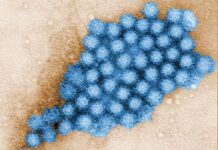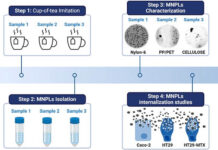The Indian Pharmacopoeia Commission (IPC) has issued an August drug safety alert indicating that the widely used antibiotic Metronidazole is associated with adverse drug reactions (ADRs), specifically Fixed Drug Eruption (FDE).
The IPC has advised healthcare professionals to closely monitor for potential ADRs when prescribing metronidazole. This recommendation follows an initial review of ADRs reported in the Pharmacovigilance Programme of India (PvPI) database.
Metronidazole, a member of the nitroimidazole class of antibiotics, is commonly prescribed for gastrointestinal infections as well as parasitic conditions such as trichomoniasis, giardiasis, and amebiasis.
The drug is absorbed into cells through passive diffusion, where it is reduced by ferredoxin or flavodoxin to nitro radicals. These radicals, due to the redox potential in anaerobic or microaerophilic microorganisms, create toxic metabolites like N-(2-hydroxyethyl) oxamic acid and acetamide, which can damage the DNA of these organisms.
As reported by medicaldialogues.in, the safety alert emphasized that metronidazole is used for treating amoebiasis, urogenital trichomoniasis, and giardiasis. However, the preliminary analysis from the PvPI database has identified metronidazole as a potential cause of Fixed Drug Eruption (FDE), a specific cutaneous reaction characterized by recurring lesions at the same site upon re-exposure to the drug.
























